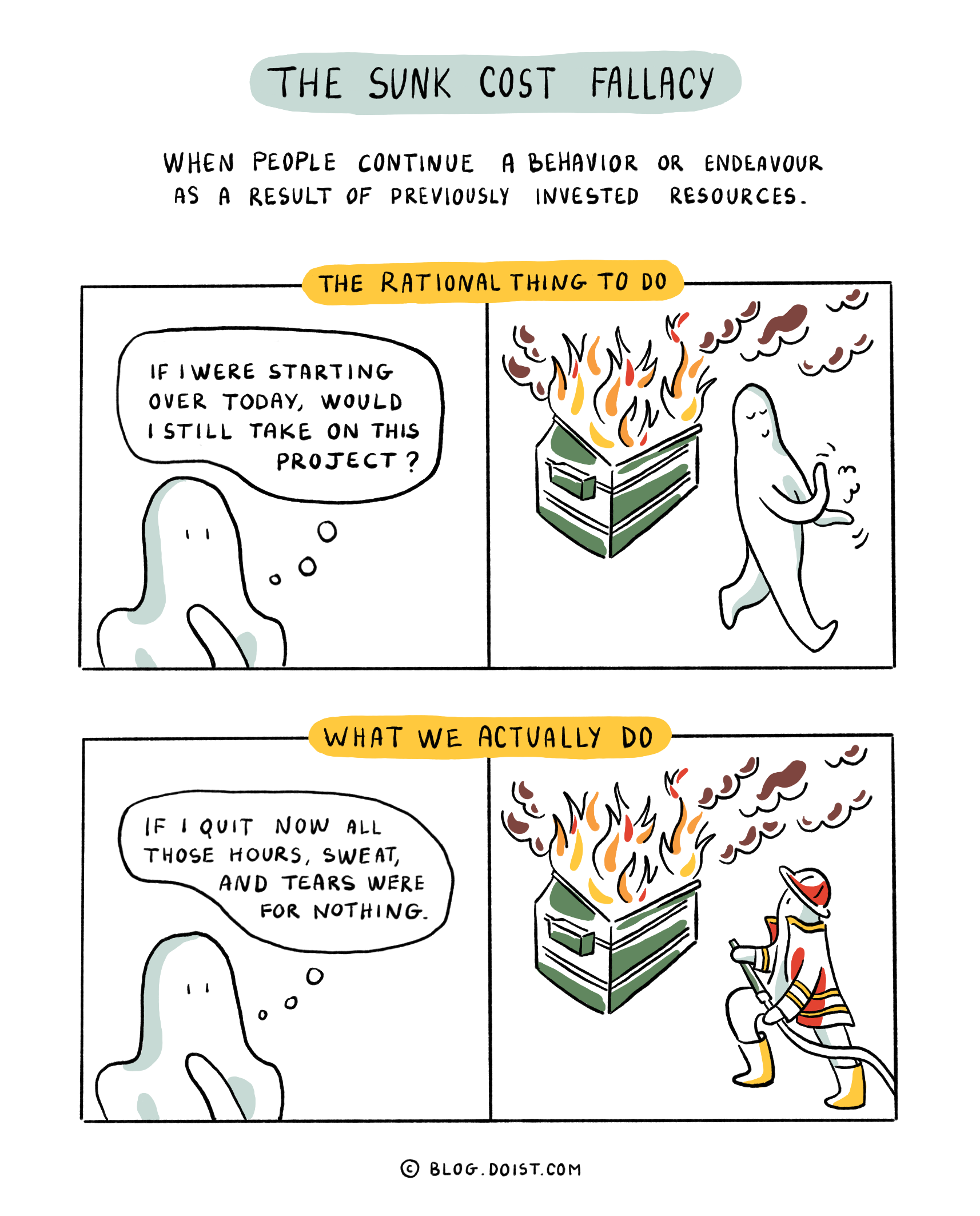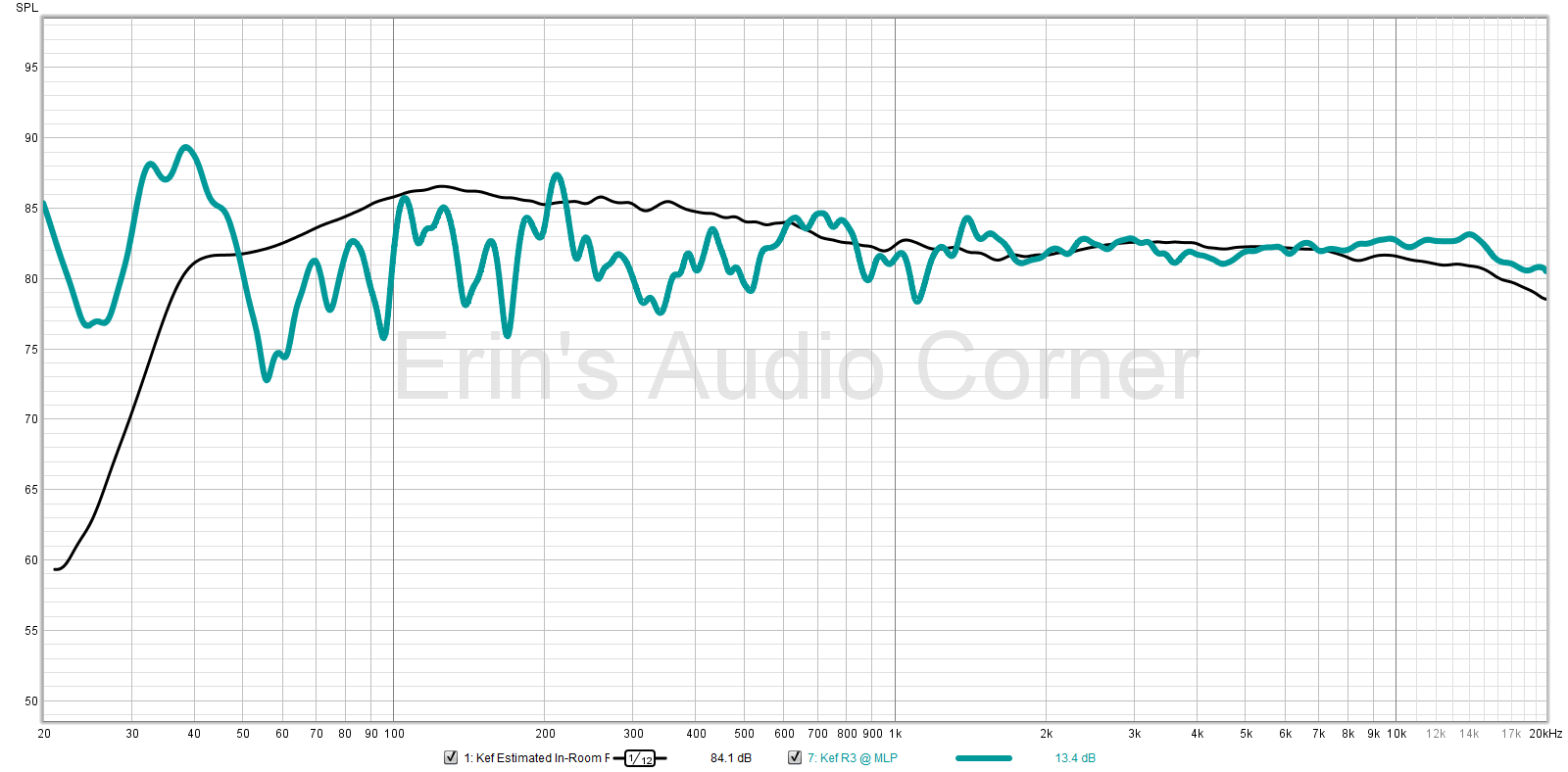be careful saying science is about being data driven. Much of science is entirely theory or model driven and its also about context. We can't prove or disprove the existence of god with science. We think the big bang happened but aren't certain. There's data that supports certain theories but we aren't sure that the theories are right. I prefer to think about science much as per this definition; the intellectual and practical activity encompassing the systematic study of the structure and behavior of the physical and natural world through observation and experiment.But they just haven't. Believing is an act of faith, we're discussing science.
I am a non-expert and I'm challenging these assertion because I haven't seen the proof. I cannot prove it or disprove it myself because I'm no expert, but perhaps, if a proof was given, I could understand it.
Science here means data-driven? Like what, sociology? That's not real science.
I think some humility is in order. Not speaking about you specifically here. Our host for example knows this (and I appreciate it), but plenty of members don't. They're the most dangerous kind of people: those who don't know but think they know.
That then leaves things open to further development and change.


